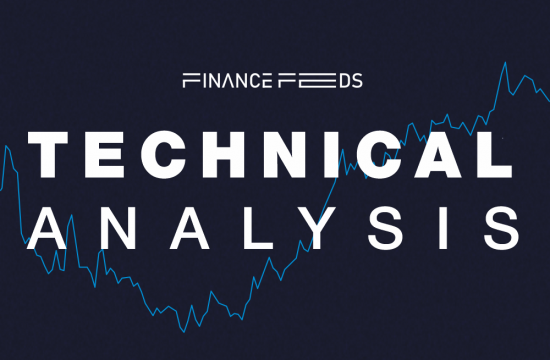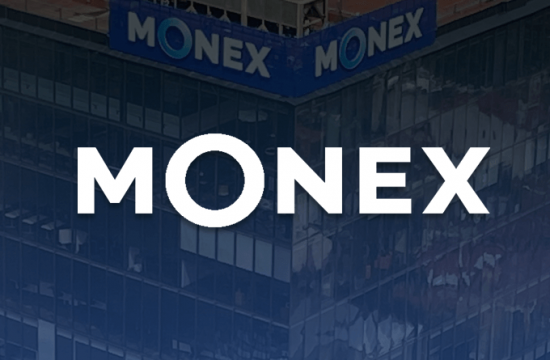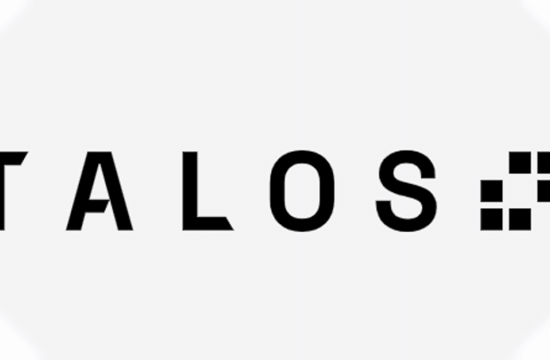Japan’s Finance Ministry has created an advisory panel to look at the feasibility of issuing a central bank digital currency, otherwise known as “CBDC”.

The government panel of experts is expected to gather as early as April to discuss how to create a framework for a digital yen, joining a growing number of countries seeking to catch up to front-runner China.
The launch of the panel coincides with the start of a CBDC pilot program following two years of proofs of concept (PoC). The BOJ, financial institutions and other private-sector participants will conduct simulated transactions under the pilot program in a test environment. However, the central bank does not plans to conduct actual transactions among retailers and consumers.
Additionally, three Japanese banks are set to develop a payment system that integrates their stablecoins on a public blockchain while satisfying legal requirements.
Shortly after Japan overturned a ban on fiat-pegged cryptocurrencies, Tokyo Kiraboshi Financial Group, The Shikoku Bank, and Minna no Bank are launching a stablecoin experiment. This initiative is powered by Web3 infrastructure provider GU Technologies, which develops a public blockchain that’s fully compatible with Ethereum, dubbed ‘Japan Open Chain’.
Earlier in January, Japan’s financial regulator was seeking feedback on allowing domestic distributors to handle stablecoins issued outside the country on the condition that they maintain sufficient collateral.
The new regulations will be part of the revised Payment Services Act which will come into effect this year. If approved, it would allow Japanese exchanges to list and trade popular stablecoins like Tether (USDT) or USD Coin (USDC).
The legal revision primarily introduces a registration system for stablecoins circulation and reinforces anti-money laundering measures. Additionally, it enables overseas businesses to issue stablecoins in the country through custodians of digital assets.
Japan’s parliament passed a bill in June 2022 to regulate crypto tokens whose value is pegged to that of the yen, dollar, or other currencies. The new law is aimed at curbing the financial system risks of stablecoins and strengthening protections for investors.
Under the new law, stablecoins can be issued by licensed banks, registered money transfer agents and trust companies. Stablecoin licenses are expected to be issued only to highly credible businesses in charge of issuing and managing them, as well as intermediaries responsible for circulation.
The Japanese watchdog has repeatedly voiced doubts surrounding the anti-money laundering measures. As a result, none of the 31 Japanese crypto exchanges registered with the FSA list any stablecoins.












